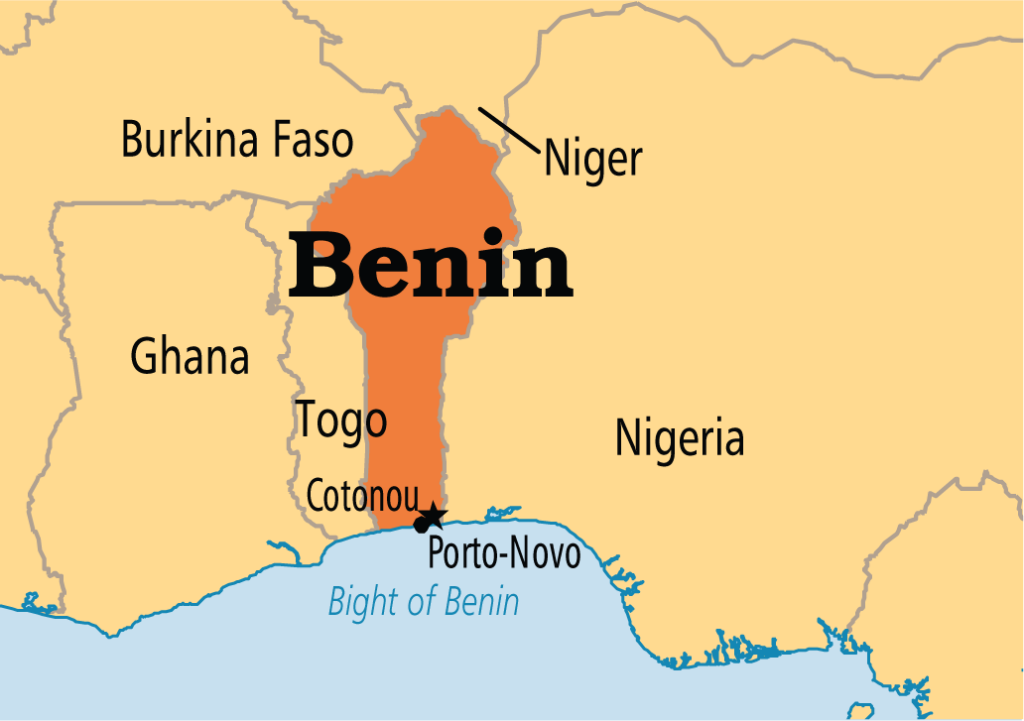- Funding aimed at increasing the efficiency of domestic resource mobilization and public expenditure.
- The move will enable the government to have more resources to finance public services and respond to economic shocks.
- The program targets more inclusive access to e-declaration and performance-based management in customs administration.
In order to assist Benin in improving the effectiveness of domestic resource mobilization and public expenditure, the World Bank has granted financing from the International Development Association (IDA) totaling $150 million.
The Economic Governance for Service Delivery Program for Results (PforR) will support projects aimed at increasing the effectiveness of domestic resource mobilization and public expenditure. This will to provide the government with greater funding to support public services and react to economic shocks.
The program aims for performance-based management in customs administration and more inclusive e-declaration access.
Additionally, it encourages the creation of a setting favorable to citizen scrutiny of public finances and attempts to improve the effectiveness of spending management and public procurement.
Tax reforms in Benin
“Benin has made significant progress in improving budget management over the past decade, but further efforts are needed to increase domestic resource mobilization and the efficiency of public spending,” World Bank Country Manager for Benin Atou Seck said.
“This funding will help scale up the results of the reforms undertaken to improve tax management, increase domestic revenue and modernize the country’s statistical system,” he added.
In comparison to its neighbors, Benin still has space to increase domestic resource mobilization, and the size of its tax base is relatively limited. The expected tax income for Benin in 2022 was 11.5 percent of GDP, which was less than the 12.9 percent average for the West African Economic and Monetary Union (WAEMU).
To reach the WAEMU target of 20 percent of GDP, the in-tray is full for policymakers in Benin. The World Bank’s Partnership Framework with Benin and this results-based program are compatible.
It combines the successes of recent World Bank-funded initiatives and improvements to economic governance in Benin. The World Bank organization that assists the poorest nations is called the International Development Association (IDA).
Africa home to 39 of poorest countries globally
IDA, which was established in 1960, offers grants and low-interest or interest-free loans for initiatives and programs that boost economic development, combat poverty, and enhance the lives of those who are most in need.
The 76 poorest nations in the world, 39 of which are in Africa, get the majority of funding from IDA. Resources from IDA contribute to improving the lives of 1.6 billion people in countries that qualify.
Read also: Ghana petitions ECOWAS over Benin’s duty regime
Since its inception, IDA has supported activities in 113 countries. The annual volume of commitments is steadily increasing and has averaged $21 billion over the past three years, with around 61 percent of this amount going to Africa.
West African nation of Benin has a diverse economy, with substantial roles played by industry, services, and agriculture.
Benin’s economy is based primarily on agriculture, which also employs a sizable section of the people. Cotton, maize, sorghum, cassava, yams, palm oil, and vegetables are the main agricultural crops. One of the biggest cotton producers in Africa is Benin.
Benin’s regional trade, economic integration
Benin has a growing industrial sector that produces chemicals, textiles, building supplies, and food processing. Small and medium-sized businesses (SMEs) engaged in manufacturing and industrial operations are numerous throughout the nation. The government has been putting measures into place to aid industrial expansion and promote investment in this field.
The regional and international commerce sectors are very important to Benin’s economy. The nation is a member of the ECOWAS and the WAEMU, two organisations that support regional trade and economic integration. Nigeria, China, France, India, and the United States are important trading partners.
Benin’s economic development has a number of obstacles to overcome. These include a lack of access to credit, poor infrastructure, and high unemployment. What’s more, low literacy levels, and susceptibility to shocks from the outside world loom large. To address these issues and improve the environment for economic growth, the government has been enacting reforms.

